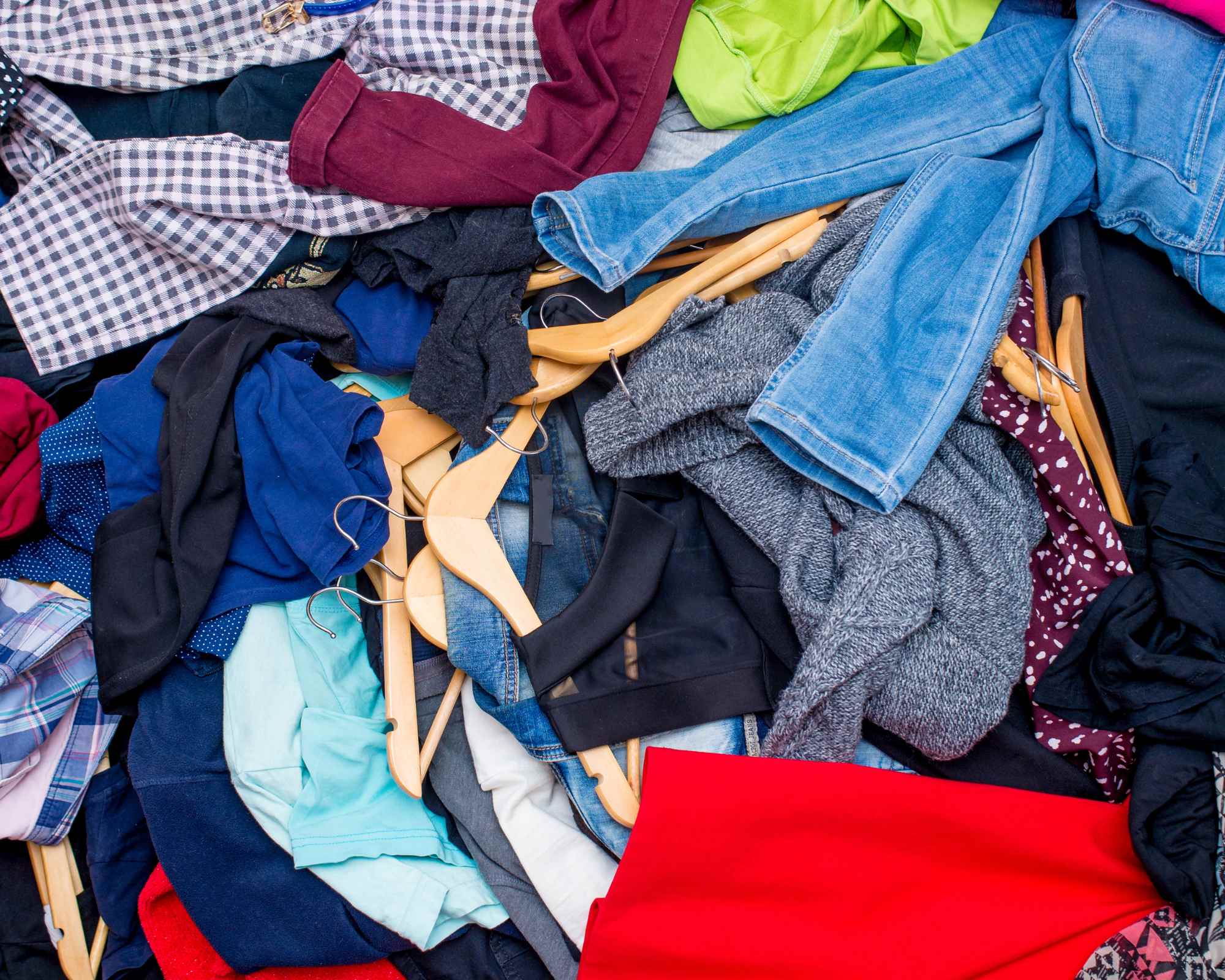2025 has been bruising for ultra fast fashion brands so far, and with recent measures being taken from France to Chile, it’s possible these ways of working could be on the outs.
Could 2025 be the year ultra fast fashion model sputters to a stop?
From tariffs to sustainability-focused legislation, greater hurdles are appearing for ultra fast fashion companies like SHEIN and Temu that operate wasteful, unethical business models. Much of the efforts against ultra fast fashion are in response to its quicker production cycles, churn of trends, and its increasing waste.
Here are some examples of developments that dismantle or seek to end the ultra fast fashion model.
France is applying taxes and advertising bans to ultra fast fashion
In June, France passed a bill that aims to penalise ultra fast fashion brands by introducing eco-taxes, banning ads by these brands, and mandating disclosure of key environmental information like emissions and recyclability of goods. The bill still needs to be approved by the European Commission, but it would be a significant moment for the country’s fashion industry if approved, especially since revenue generated from the eco-taxes will be redirected to support more sustainable producers in the region.
It doesn’t stop there: in early July, France fined SHEIN €40 million for issues including misleading customers on discounts and its environmental impact. As France24 reported, the fine comes after an investigation found the brand to have used “deceptive commercial practices towards consumers regarding… price reductions.”
Australia wants to take a similar approach
After publishing research on Australia’s role in leading textile consumption in 2024, independent thinktank The Australia Institute recommended the country implement similar measures to France. Its suggestions include eco-taxes, banning the export of textile waste, government-funded discounts for those who get their clothes repaired, and investment in the circular textiles industry.
“To protect the environment and Australian fashion brands, we need to drastically reduce waste at the source by penalising brands that mass produce incredibly cheap, low-quality clothing that is often worn just a handful of times before ending up in the bin,” said Nina Gbor, circular economy and waste program director at The Australia Institute.
Chile is legislating to protect the Atacama Desert
The Atacama Desert has become a notorious site for the mass dumping of fast fashion waste. The “pile of clothes” is so big that it can be seen from space.
In late June, Chile’s environmental ministry added textiles to its producer responsibility law. This could help curb the fast fashion waste that floods the country. “Importers are now obliged to report the clothing they bring into the country,” The Guardian reported. The government wants to eradicate textile dumps in the desert, but as global textile production and clothing consumption increase, stringent intervention is needed. That’s why the government intends to publish a public policy targeting textiles and the circular economy.
This is proof that your voice matters
Demanding transparency and using your voice to push representatives gives governments greater mandates to prioritise action against wasteful brands. As we see with France, Chile, and Australia, these efforts to prevent fast fashion waste are an example of how our voices are being heard. While these solutions may face hurdles, this is what progress looks like. We’re hopeful—and hopeful more countries take note.




















